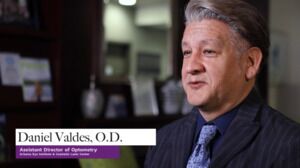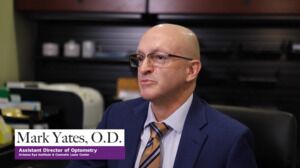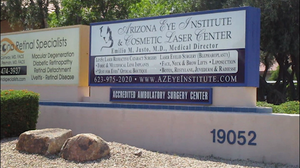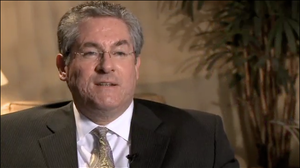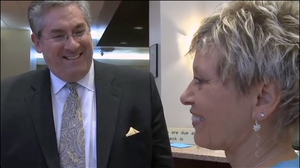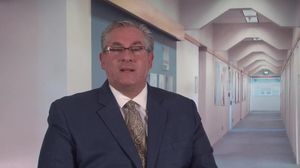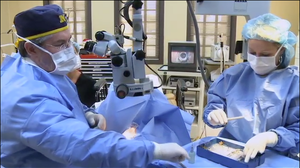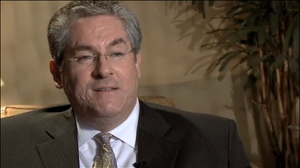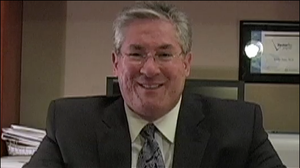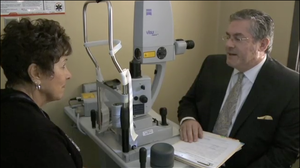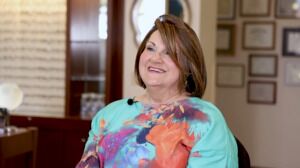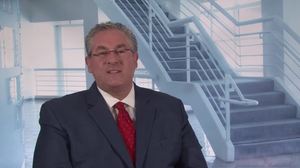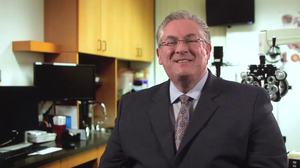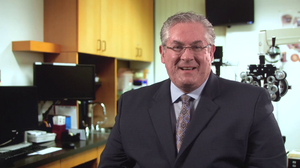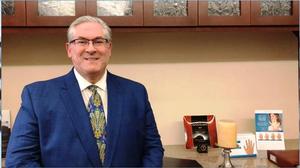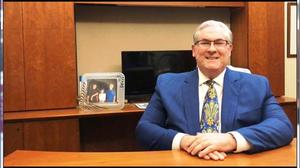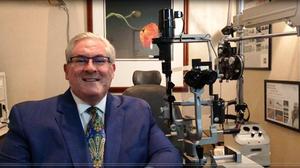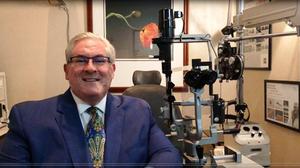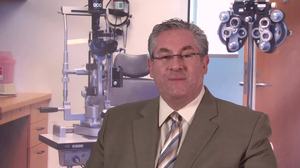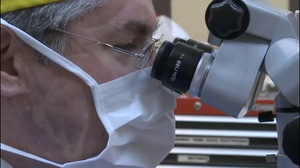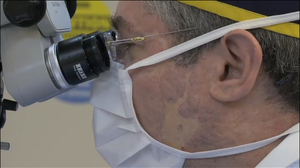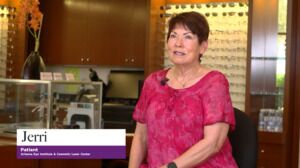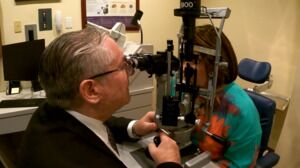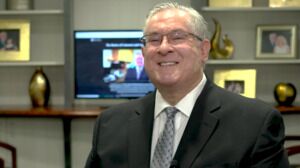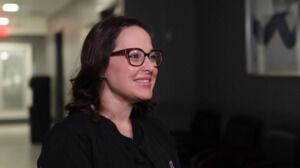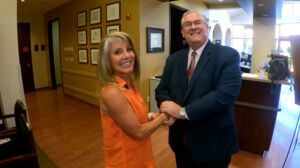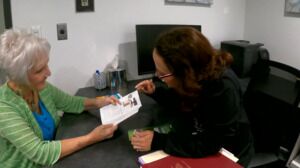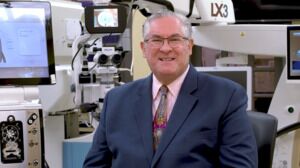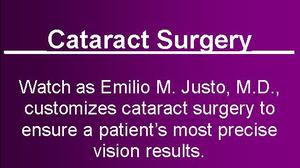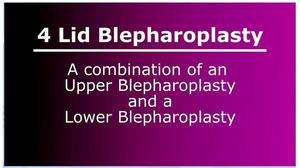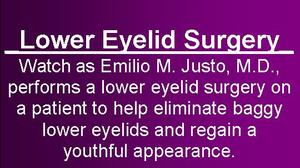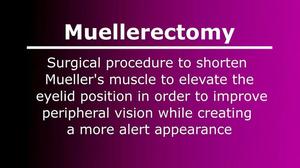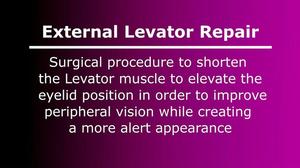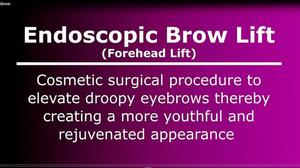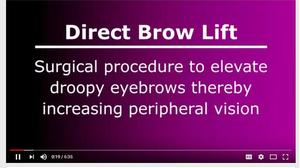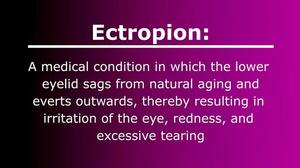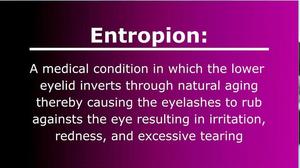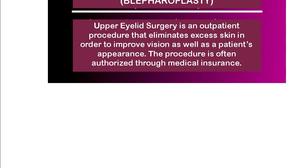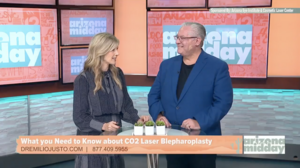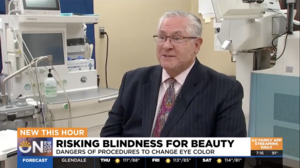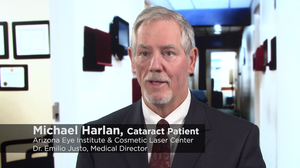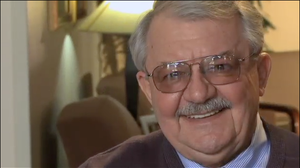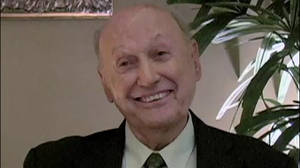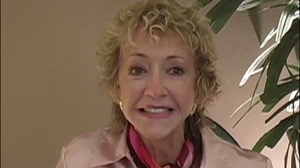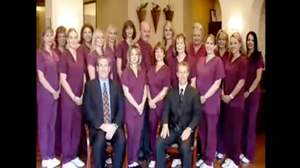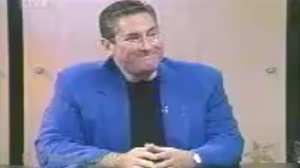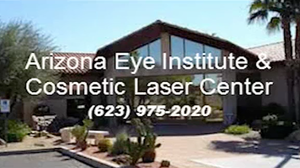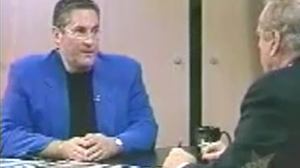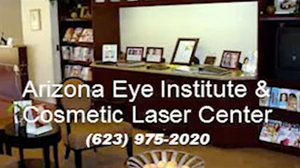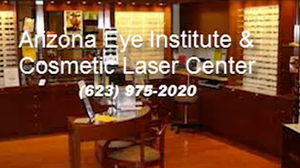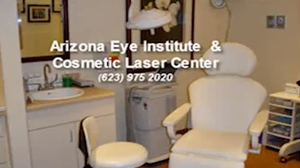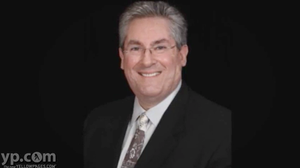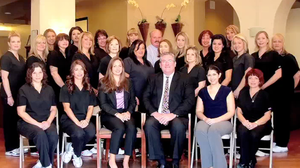Description
Dr. Justo discusses the results of cataract surgery. The staff also explain how they ensure their patients receive the correct implants to improve their vision and reduce their need for glasses. Patients report life-changing results following cataract surgery.
View transcript
[00:00:00.000]
A common question I hear is,
[00:00:09.920]
how do cataracts affect a person's vision or quality of life?
[00:00:14.960]
Well, it's different for each person,
[00:00:17.360]
but common themes that I hear about
[00:00:19.840]
are patients who stipulate that they have difficulty driving,
[00:00:24.680]
that they have to get up close to the street signs
[00:00:27.600]
to be able to read them.
[00:00:29.680]
Some that may have glare
[00:00:31.640]
or star bursting around car lights or street lights
[00:00:34.960]
when driving at night.
[00:00:37.200]
Others that have difficulty up close, whether it be reading a book,
[00:00:41.720]
whether it be looking on their computer screen,
[00:00:44.720]
or in some cases, those individuals who have hobbies
[00:00:47.960]
like sewing or playing jigsaw puzzles
[00:00:51.560]
and not being able to see clearly up close.
[00:00:54.880]
After cataract surgery, most patients will comment
[00:00:58.520]
how their life and their vision has improved dramatically.
[00:01:02.640]
The colors are much brighter.
[00:01:04.680]
The world is completely different.
[00:01:06.920]
I remember after the first cataract surgery thinking, "Oh, my God."
[00:01:11.080]
"I cannot believe how clear everything is."
[00:01:14.080]
I don't think I realized how impaired
[00:01:18.000]
until I had that cataract surgery and was actually eager
[00:01:22.440]
to get the second one done.
[00:01:24.040]
There are options that are available
[00:01:26.280]
for patients to give them the best possible outcome.
[00:01:30.680]
We are huge encouragers of doing what's called the Ora.
[00:01:35.160]
The Ora is a measurement that's done in real-time on the surgery bed.
[00:01:39.440]
It's done with the pupil fully dilated and the cataract itself already moved.
[00:01:44.400]
It's another measurement that we use to recalculate the implant power,
[00:01:49.360]
to ensure that we are getting the correct implant.
[00:01:52.520]
It increases that statistical probability that we're going to get them
[00:01:56.080]
the correct implant with the best vision possible.
[00:01:59.040]
We also offer implants that can give patients
[00:02:03.280]
distance, intermediate, and near vision
[00:02:05.120]
to get them out of glasses for the majority of the time.
[00:02:08.240]
One of the common points that patients make is
[00:02:11.680]
after cataract surgery,
[00:02:12.920]
they find that their home is much more dusty
[00:02:17.120]
than what they thought previously.
[00:02:18.720]
I get a chuckle out of that
[00:02:20.760]
because they did not see the dust with the cataracts being present.
[00:02:25.280]
Now their acuity and their colors are so vibrant
[00:02:30.520]
that they can see that they did a poor job of cleaning their home.
[00:02:34.040]
The value of place on the eyes, having the surgery would be...
[00:02:39.960]
There's no number because it changes your life.
[00:02:43.760]
It changes your life if you're wearing glasses only
[00:02:46.200]
or if you're wearing the contacts,
[00:02:48.040]
but it changes your life when it comes to the eyes.
[00:02:51.120]
Cataract surgery can be life changing,
[00:02:54.000]
and it's one of the most gratifying procedures I can do
[00:02:57.480]
to bring back a person's vision.
[00:02:59.960]
I take that with the utmost seriousness and respect
[00:03:06.600]
because it is a very serious procedure, and I don't minimize it for anyone.






